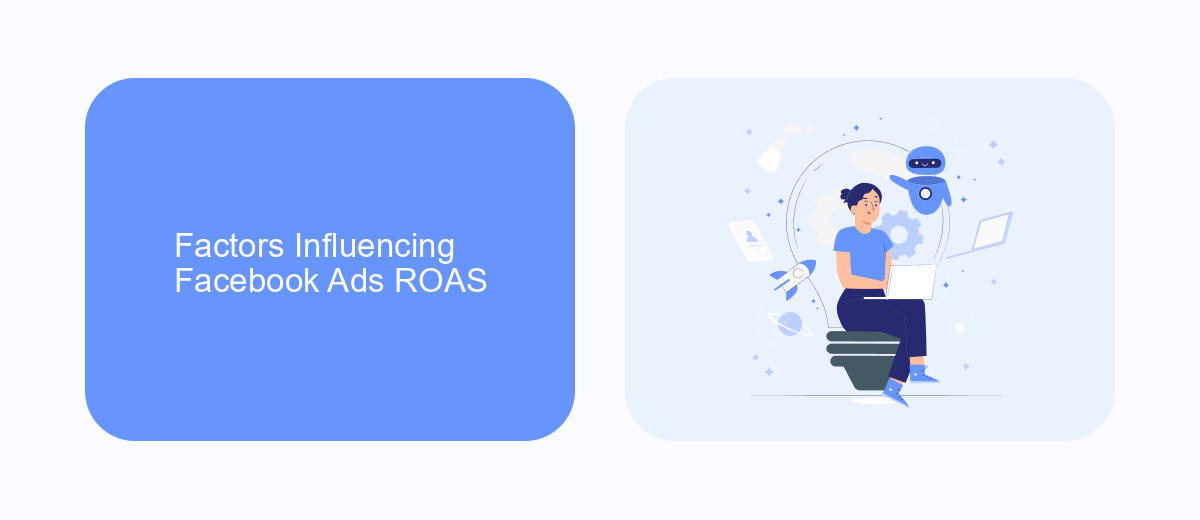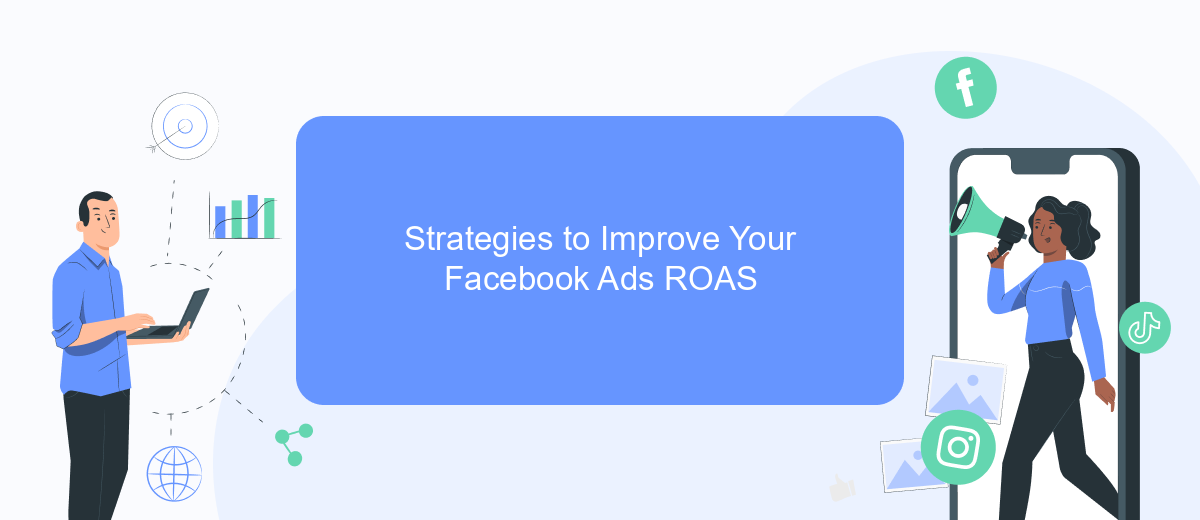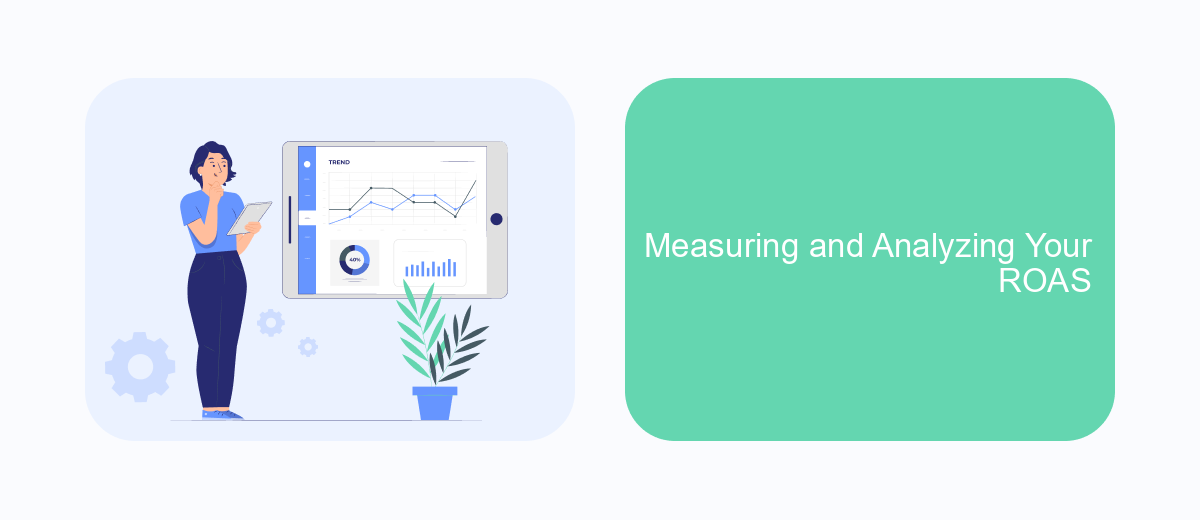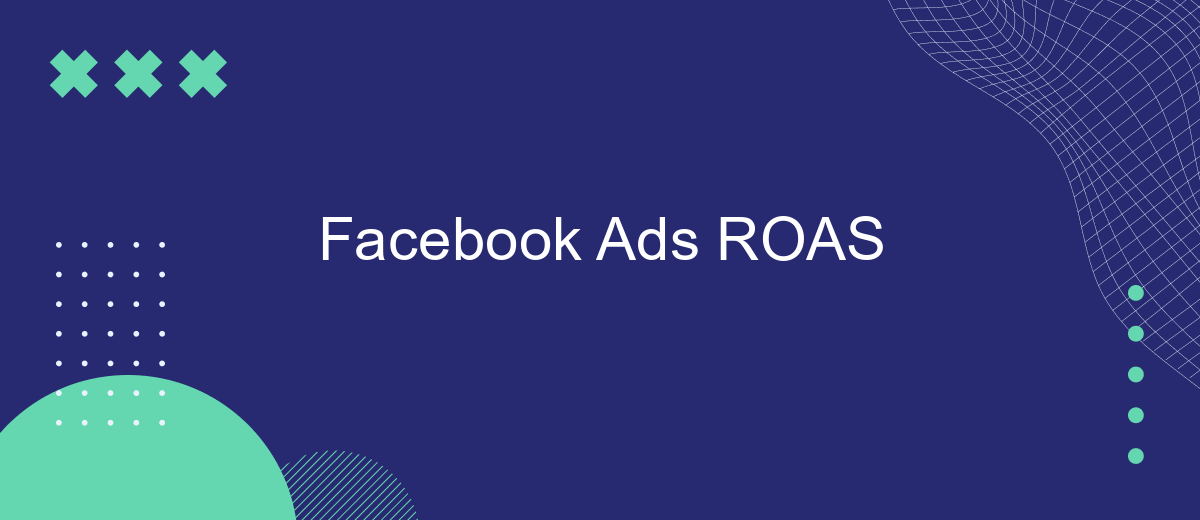Facebook Ads ROAS (Return on Ad Spend) is a critical metric for businesses aiming to maximize their advertising investments. It measures the revenue generated for every dollar spent on Facebook ads, providing insights into the effectiveness and profitability of ad campaigns. Understanding and optimizing ROAS can help businesses allocate their budgets more efficiently, improve marketing strategies, and ultimately drive greater returns on their advertising efforts.
Understanding ROAS and Why It Matters
Return on Advertising Spend (ROAS) is a critical metric in digital marketing that measures the revenue generated for every dollar spent on advertising. Understanding ROAS is essential for businesses aiming to optimize their advertising strategies and maximize profitability. By calculating ROAS, marketers can assess the effectiveness of their ad campaigns, allocate budgets more efficiently, and identify areas that need improvement.
- Performance Evaluation: ROAS helps in determining which campaigns are performing well and which are not.
- Budget Allocation: It guides marketers on where to allocate more resources for better returns.
- Strategy Optimization: Insights from ROAS can lead to improved targeting and messaging strategies.
In a competitive digital landscape, understanding and optimizing ROAS is crucial for sustained business growth. It not only aids in making informed decisions but also ensures that advertising efforts contribute positively to the bottom line. By focusing on ROAS, businesses can enhance their marketing efficiency and drive more value from their advertising investments.
Factors Influencing Facebook Ads ROAS

Facebook Ads ROAS (Return on Ad Spend) is influenced by several key factors, including audience targeting, ad creatives, and bidding strategies. Precise audience targeting ensures that ads reach the most relevant potential customers, enhancing engagement and conversion rates. Ad creatives that are visually appealing and convey a clear message can significantly impact user interaction. Additionally, implementing effective bidding strategies, such as manual or automatic bidding, can optimize ad spend and improve ROAS by ensuring ads are shown to the right audience at the right time.
Another crucial factor is the integration of data analytics and automation tools, which streamline ad management and improve decision-making. Services like SaveMyLeads facilitate seamless integration between Facebook Ads and various CRM systems, enabling businesses to track leads and conversions more efficiently. By automating data transfer and lead management, businesses can focus on refining their ad strategies and improving their ROAS. Continuous testing and analysis of ad performance also play a vital role in identifying successful tactics and areas for improvement, ensuring sustained ad campaign success.
Strategies to Improve Your Facebook Ads ROAS

Improving your Facebook Ads ROAS (Return on Ad Spend) is essential for maximizing the effectiveness of your advertising budget. By implementing strategic measures, you can significantly enhance your ad performance and achieve better returns. Here are some strategies to consider:
- Audience Targeting: Utilize Facebook's advanced targeting options to reach the most relevant audience. Create custom audiences based on user behavior, interests, and demographics to ensure your ads are seen by potential customers.
- Ad Creative Optimization: Continuously test and refine your ad creatives. Experiment with different formats, visuals, and messaging to see which combinations resonate best with your audience.
- Conversion Tracking: Implement Facebook Pixel to track conversions and user interactions. This data will help you understand which ads are driving results and allow you to allocate budget more effectively.
- Budget Management: Regularly review and adjust your ad spend based on performance. Allocate more budget to high-performing ads and pause or stop underperforming ones.
- Retargeting Campaigns: Engage users who have interacted with your brand but haven't converted yet. Retargeting can remind them of your offerings and encourage them to complete a purchase.
By focusing on these strategies, you can optimize your Facebook Ads campaigns and achieve a higher ROAS. Regular analysis and adjustments are key to staying ahead in the competitive landscape of digital advertising.
Measuring and Analyzing Your ROAS

Understanding and optimizing your Facebook Ads Return on Ad Spend (ROAS) is crucial for maximizing your advertising budget. ROAS measures the revenue generated for every dollar spent on advertising, providing insights into the effectiveness of your campaigns. To accurately measure ROAS, it is essential to track both ad spend and revenue generated from specific campaigns.
Start by setting up conversion tracking in Facebook Ads Manager to capture sales data and link it to your ad spend. This will enable you to calculate ROAS by dividing the revenue by the advertising costs. Analyzing this metric helps you identify which campaigns are performing well and which need adjustments.
- Monitor ROAS regularly to detect trends and seasonal impacts.
- Segment data by demographics, devices, and placements for deeper insights.
- Compare ROAS across different ad creatives and formats.
- Utilize A/B testing to refine targeting and messaging strategies.
By consistently measuring and analyzing your ROAS, you can make informed decisions to enhance your Facebook advertising strategy. This approach not only helps in optimizing current campaigns but also aids in planning future ad investments to achieve better returns.
Common ROAS Mistakes and How to Avoid Them
One common mistake advertisers make with Facebook Ads ROAS (Return on Ad Spend) is not setting clear and realistic goals. Without specific objectives, it's challenging to measure the effectiveness of your ads and optimize them for better performance. It's crucial to define what success looks like for your campaign, whether it's increasing sales, generating leads, or boosting brand awareness. This clarity will help you tailor your ad strategy and allocate your budget more effectively, leading to improved ROAS.
Another frequent error is neglecting to properly track and analyze data. Without accurate data, you can't make informed decisions about your ad campaigns. Utilize tools and services like SaveMyLeads to automate data integration and ensure all your metrics are in one place. This will enable you to identify trends, spot underperforming ads, and adjust your campaigns accordingly. By avoiding these mistakes and leveraging the right tools, you can significantly enhance your Facebook Ads ROAS and achieve your marketing goals.
FAQ
What is ROAS in Facebook Ads and why is it important?
How can I improve my Facebook Ads ROAS?
What is a good ROAS for Facebook Ads?
How do I track ROAS in Facebook Ads?
Can automation help increase my Facebook Ads ROAS?
SaveMyLeads is a simple and effective service that will help you automate routine tasks and optimize business processes. Stop wasting time uploading leads from Facebook manually – you can do it automatically, saving a lot of time and money. Eliminate routine from workflows and achieve more with minimal investment of money, effort and human resources.
